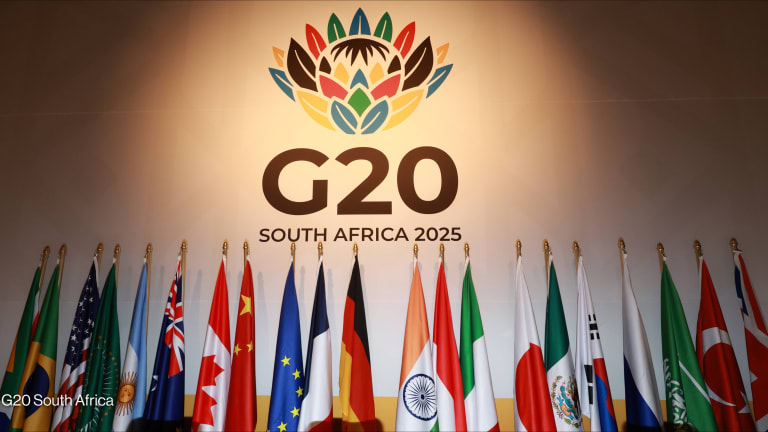For the last five years, the G20 Common Framework has struggled to deliver comprehensive, swift restructuring agreements for the countries that need it most.
It’s part of the reason why South Africa — which holds this year’s Group of 20 presidency — made debt relief a pillar of its G20 focus, including by assembling an expert panel to address the issue in Africa.
“I fully agree that [the Common Framework] has not very much delivered on what it was expected to deliver,” said Daouda Sembene, a member of that expert panel and the chief executive officer of global development advisory firm AfriCatalyst. “The results are mixed, and it requires very urgent reforms that would [help the Common Framework] deliver on the promises that it had before.”
This story is forDevex Promembers
Unlock this story now with a 15-day free trial of Devex Pro.
With a Devex Pro subscription you'll get access to deeper analysis and exclusive insights from our reporters and analysts.
Start my free trialRequest a group subscription







